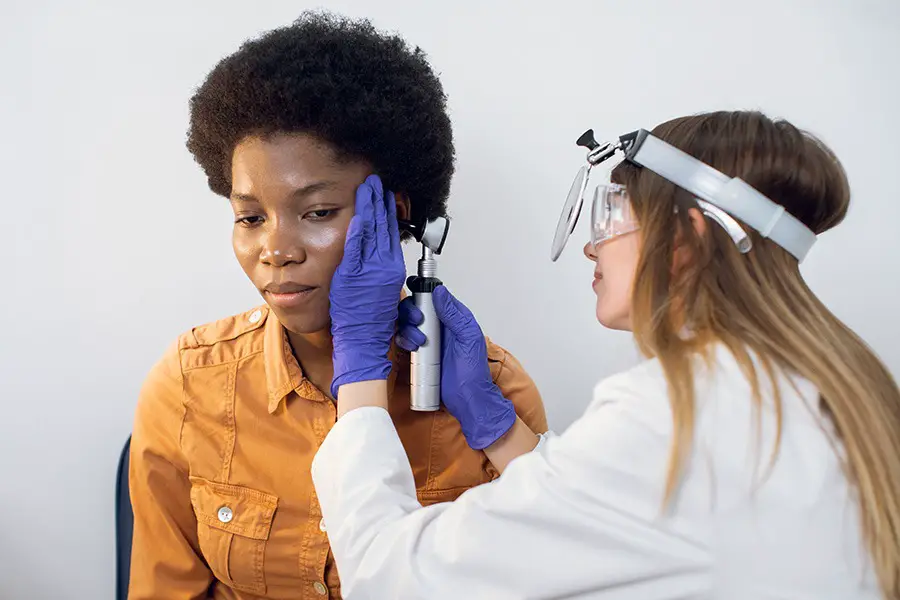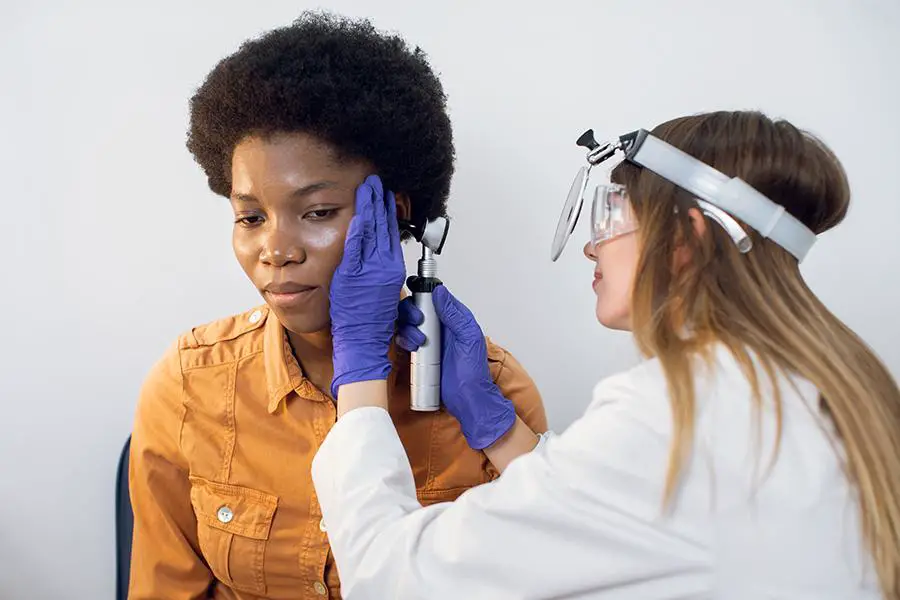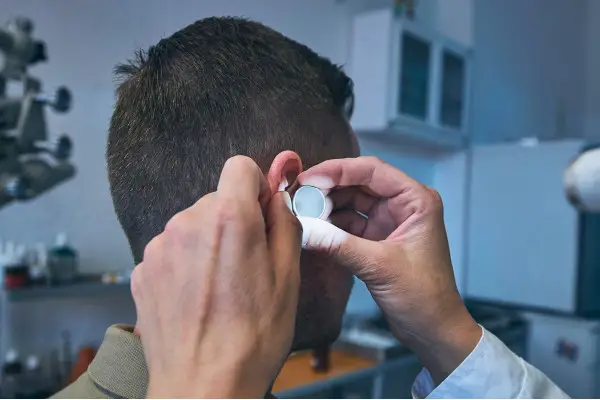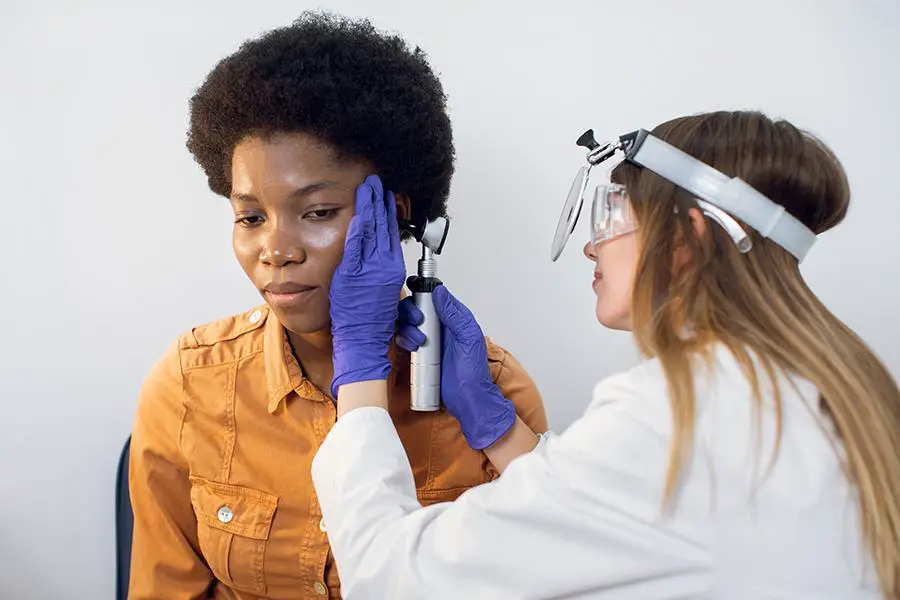Blog - Meningitis and Hearing Loss

Latest News
Welcome to the Hearing Quest blog, Meningitis, an inflammation of the protective membranes surrounding the brain and spinal cord, can have serious consequences on various aspects of health, including hearing. Hearing loss is a recognized complication of meningitis, and it can occur suddenly or develop over time. The infection can damage the delicate structures of the inner ear, affecting the transmission of sound signals to the brain.
The severity of hearing loss resulting from meningitis can vary, ranging from mild to profound, and it may affect one or both ears. Infants and young children are particularly vulnerable, making it essential for parents and caregivers to be vigilant about recognizing early signs of meningitis, such as high fever, headache, and a stiff neck.
Prompt medical intervention, including antibiotic treatment, is crucial to minimize the risk of hearing loss associated with meningitis. In some cases, cochlear implants or hearing aids may be recommended to help individuals manage the long-term effects of hearing impairment caused by this infectious disease.
The link between meningitis and hearing loss underscores the importance of vaccination, as many cases of bacterial meningitis can be prevented through immunization. Early detection, timely medical treatment, and ongoing audiological support are essential components in mitigating the impact of meningitis on hearing health.
Support from healthcare professionals, audiologists, and rehabilitation specialists is crucial in navigating the multifaceted effects of meningitis-related hearing loss. Communication strategies and therapies can be employed to assist individuals in adapting to their changed auditory landscape.
Prevention remains a key focus in addressing the potential connection between meningitis and hearing loss. Vaccination against bacterial strains that can cause meningitis is a vital preventive measure. Awareness campaigns about the signs and symptoms of meningitis, especially in high-risk populations, contribute to early detection and intervention.
In conclusion, while meningitis can pose a serious threat to hearing health, timely medical attention, preventive measures, and rehabilitative strategies can significantly improve outcomes for individuals affected by this infectious condition. Continued research and awareness efforts play a pivotal role in minimizing the impact of meningitis-related hearing loss and enhancing the overall well-being of those who may be susceptible to this potentially devastating consequence.




































